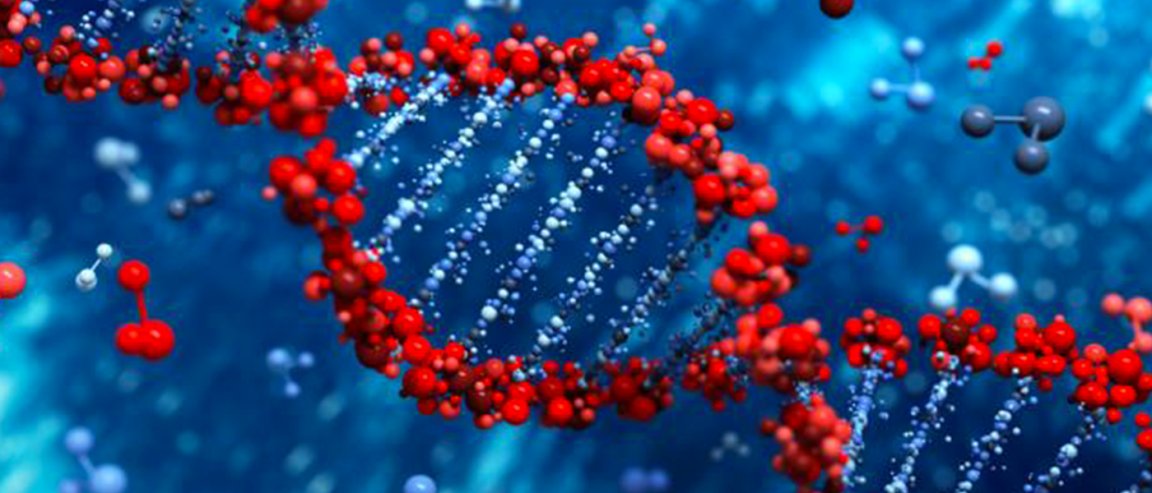
Nipping It in the Bud
Half the battle with cancer is detecting it in the early stages, where treatment will have the best chance of ensuring survival. This is why much research and technology has been poured into ways to detect and analyze cancerous tissue in the body. Sensors, microscope technology, and chemical therapies have all been developed to detect and treat this horrible disease.
And this field just keeps growing. Outlined in an article in the online journal Nature Methods, researchers at the University of Texas MD Anderson Cancer Center have developed a new method called Monovar for detecting DNA mutations in a single cancer cell. This is compared to current methods that use large cell samples.
Current detection methods for mutations, dubbed next-generation sequencing (NGS), use and analyze genomes extracted from millions of cells. While NGS has definitely improved cancer research, it also has its drawbacks. Because NGS measures such large numbers of cells, genomic variations within tissue samples are often masked.
Contrast this with other methods that use single cells in detection, called single cell sequencing (SCS). These methods use individual cells to detect variations. The new Monovar method improves further on the SCS’s computational tools by more accurately detecting slight alterations in DNA makeup known as single nucleotide variants (SNVs).

Expanding Horizons
Monovar is able to leverage data from multiple single cells to discover SNVs and provide highly detailed genetic data. This ability makes Monovar important in many aspects of cancer study, such as cancer diagnosis and treatment, personalized medicine, and pre-natal genetic diagnosis. All of these areas require accurate detection of SNVs for patient care.
But Monovar has potential uses beyond just cancer.
“With the recent innovations in SCS methods to analyze thousands of single cells in parallel with RNA analysis which will soon be extended to DNA analysis, the need for accurate DNA variant detection will continue to grow,” said Ken Chen, Ph.D., coauthor of the article.
“Monovar is capable of analyzing large-scale datasets and handling different whole-genome protocols, therefore it is well-suited for many types of studies.”